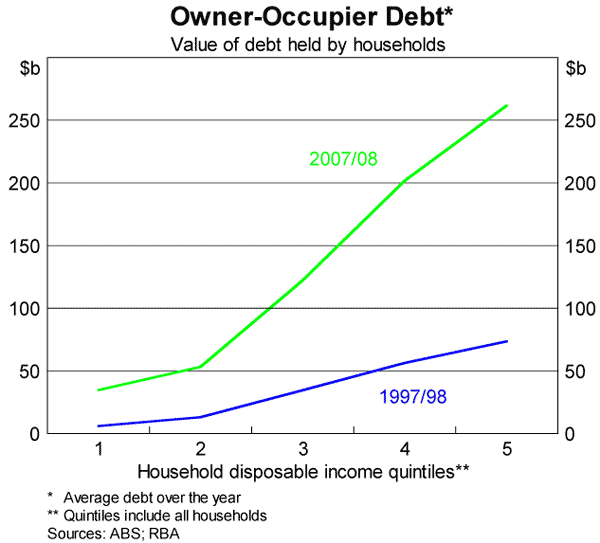

If you're worried about being evicted, contact a Shelter Scotland housing adviser. Stay in holiday accommodation, like a hotel or holiday cottage Your landlord will not need to get a court order if you: You could also be ordered to pay your landlord’s court expenses. While this could give you more time in the property, the court will probably agree to evict you. If you refuse to leave, your landlord may need to get a court order to evict you. This means your landlord should take into account your situation (for example, if you’re ill) and give you long enough to find somewhere else to live. If your landlord wants to evict you, they should give you reasonable notice. Reasonable notice means that you should take into account the situation of the person providing you with the accommodation. You can do this either verbally or in writing. While your landlord may find this hard to enforce, it's best to give reasonable notice if you want to move out. If it's a casual arrangement with no written agreement, it can be hard to prove that you have any rights. Your rights depend on the agreement you made with your landlord. Temporary supported accommodation, such as a rehabilitation centreĭormitory style accommodation with people who are not members of your family You could also be a non-tenant occupier if you stay in: Contact a Shelter Scotland adviser if you need help with this. Using payment in kind to prove you have secure tenancy rights can be hard. An agreement to maintain the home or garden could be counted as an agreement to pay rent. Use our tenancy checker to work out your rights. You may still have a tenancy even if you have nothing in writing from your landlord. That you'll live in the property as your main home Generally you'll have a tenancy if you and your landlord have agreed: You can get help from the council if you need to leave your home. In this case you'll have fewer rights than someone with a tenancy.

If you have an informal agreement to live in a property without paying rent, you may be a non-tenant occupier.


 0 kommentar(er)
0 kommentar(er)
